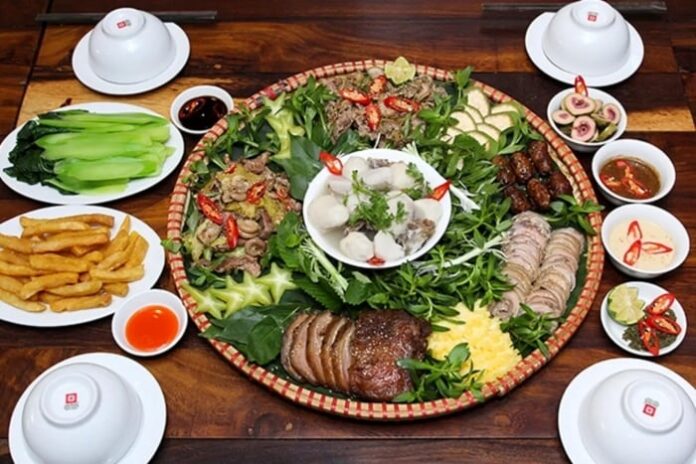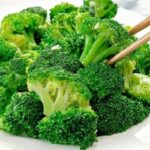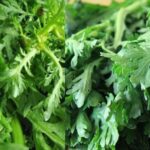January: Nurturing the Kidneys
Principles of health cultivation: Nurture Yin and the Kidneys during autumn and winter, and protect against the cold.
Focus on physical exercise such as walking, and keep the body warm to prevent respiratory illnesses.
This month, eat more goat and chicken meat, apples, longans, lotus seeds, and chestnuts. These foods are effective in strengthening the spleen and stomach, warming the kidneys, and nourishing the lungs. If your body tends to run hot and you are prone to overheating, you can consume these foods in smaller quantities. Avoid all cold foods such as ice cream, raw, and chilled products.
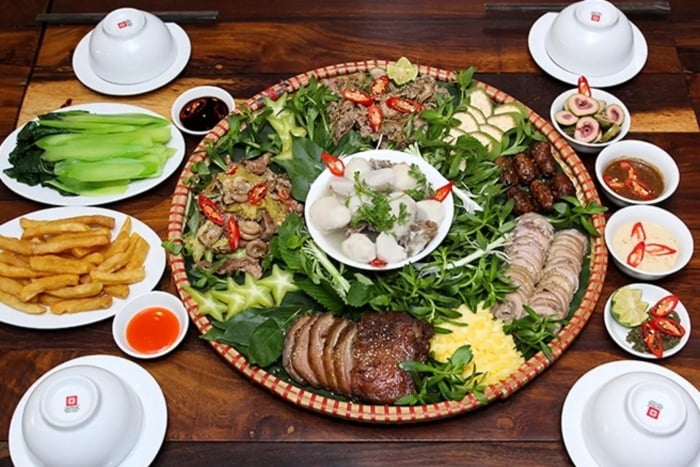
Eat Goat Meat in January to Nourish the Kidneys
February: Embrace Warmth in Spring
As the yang energy is emerging in spring, it is advisable to consume mildly spicy and sweet foods, while avoiding sour flavors. Sour tastes correspond to the liver and have a restraining effect, which is detrimental to the flourishing of yang energy and the release of harmful liver energy.
This month, incorporate more warming spices like cinnamon, ginger, onions, herbs, peanuts, and chives, as well as shelled shrimp. However, avoid excessively spicy foods.
March: Sweeten Your Way to Liver Health
According to Traditional Chinese Medicine, the spleen’s qi is the foundation for the post-heavenly phase of life. Spring corresponds to the liver, and an excess of liver energy can damage the spleen. Therefore, it is crucial to focus on consuming sweet foods to nourish the spleen during this season.
Indulge in sweet treats like apples, burnt rice, sweet potatoes, chives, spinach, chicken, and chicken liver. Minimize your intake of sour foods like tomatoes, lemons, and oranges.

In March, eat more sweet foods like apples, burnt rice, sweet potatoes, chives, spinach, chicken, and chicken liver.
April: Balancing Yin and Yang
This month, focus on maintaining a relaxed state of mind. Ensure that your meals are timely and well-portioned, and refrain from excessive alcohol consumption.
Increase your intake of spinach, onions, and fruits. Limit spicy, fatty, and cold foods like fish and shrimp.
May: Heart Health Awareness
As we transition from spring to summer, it’s important to adapt to the changing weather patterns. Emphasize heart health by maintaining a content state of mind, avoiding extreme emotions that can deplete heart yang energy.
Opt for cooling and nourishing foods like adzuki beans, mung beans, winter melon, bitter gourd, cloud ear fungus, lotus root, tomatoes, and watermelon. Steer clear of overly sweet and spicy dishes.
June: Late Nights, Early Mornings
Focus on strengthening your constitution and preventing seasonal ailments like heatstroke and swimmer’s ear. Embrace late nights and early mornings to align with nature’s rhythm and boost your yang energy, benefiting the circulation of qi and blood.
Prioritize a light and nourishing diet, including various fruits and vegetables, such as pears, bitter gourd, watermelon, lychees, and mangoes. Avoid spicy and fatty foods.
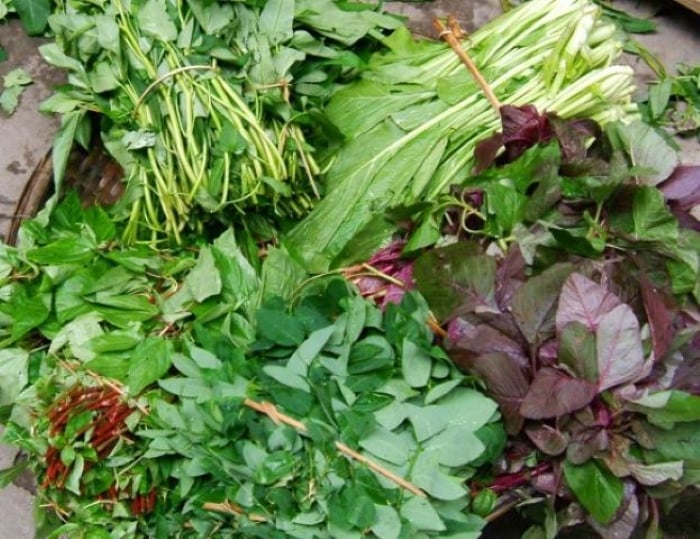
Eat Green Leafy Vegetables in July to Protect Yang Energy
July: Halt Strenuous Labor, Preserve Yang Energy
During this month, ensure you get sufficient sleep and enhance ventilation in your living space. Pay close attention to hygiene and food safety to prevent foodborne illnesses.
It’s crucial to avoid heatstroke during hot days. For those engaged in manual labor, stay hydrated beyond your working hours.
Adopt a light and refreshing diet, emphasizing green leafy vegetables and bitter gourd. Enjoy watermelon as your go-to fruit. Avoid spicy and fatty foods.
August: Calm and Peaceful Mind
The intense autumn sun can cause dryness in the skin, eyes, throat, and lead to symptoms like dark urine and constipation. Elderly individuals are particularly susceptible to cardiovascular issues and cerebrovascular accidents. Thus, it’s essential to cultivate a peaceful inner state, a calm mind, and a relaxed disposition to adapt to the need for balance during autumn.
In your daily life, embrace the mantra, “Rise early, like a rooster.”
September: Warding Off Autumn Dryness
This month, incorporate more sa sâm, xuyen boi, bitter melon, cucumber, daikon radish, and pear into your diet. Use onions, ginger, cloves, and herbs to prevent and treat the common cold. Avoid seafood and other strong-flavored foods.
October: Emotional Equilibrium
Autumn is the season to nurture the yin energy within your body. As the climate turns colder, your body naturally retracts its yang energy, so you should focus on maintaining a yin-dominant state.
The key to this month is emotional balance—avoid extreme joy or sadness, and strive for contentment and tranquility to navigate the autumn season gracefully. Autumn corresponds to the lungs, so take precautions against dry and harmful energies invading your body and causing lung damage.
Boost your constitution by consuming more sesame seeds, glutinous and non-glutinous rice, honey, chicken, beef, fish, and apples. Reduce your intake of onions, ginger, garlic, and spicy foods.
November: Early to Bed, Late to Rise
For November’s regimen, aim for a tranquil mind and maintain a satisfied mental state. Prioritize rest and relaxation to strengthen your constitution. In your daily routine, go to bed early and wake up late, ensuring you get adequate sleep. Pay attention to keeping your back warm.
Adhere to the principle of “autumn and winter yin nourishment” by consuming more beef, goat meat, soy milk, cow’s milk, and daikon radish. Minimize your intake of cold foods like seafood.
December: Moderate Nourishment, Merging Activity and Stillness
Strike a balance in your health cultivation practices by merging activity with stillness. Maintain a positive outlook and a sense of optimism.
For those with weaker constitutions or digestive issues, gradually introduce more fruits and vegetables into your diet, avoiding overly nourishing foods. If you have a robust constitution, refrain from oily and greasy foods to prevent internal heat buildup and potential health issues.


























